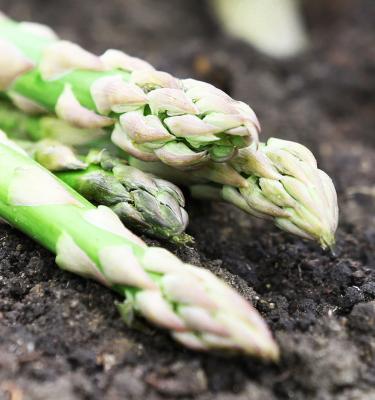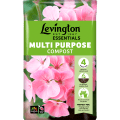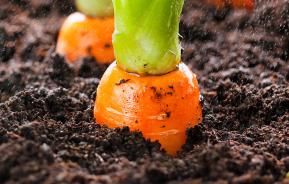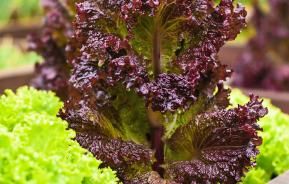Expensive? Sometimes. Mouth-wateringly lovely especially when perfectly tender and served with a bit of butter? Always, asparagus. Considered a delicacy for thousands of years and another vegetable that is simply bursting with health benefits and a selection of vitamins and minerals.
It does take a bit of patience to get your asparagus plants well established but if you grow your own, asparagus doesn’t have to be a slightly extravagant luxury anymore.
You're going to need
A little bit of time. Asparagus takes about 3 seasons to get well established and to the point when you can enjoy a full harvest so don’t expect to be eating your homegrown asparagus this year if planting for the first time.
Your asparagus will also need a permanent position where once established, it can go on producing lovely tender spears for 20 years or more. Your site will need to be spacious, sunny but sheltered, well-drained, fertile and weed-free.
Prepare your plot, or raised bed, for planting well in advance and make sure you add some compost or well-rotted manure weeks or months before planting.
You can plant asparagus from seeds but it is probably easier to start off with crowns which are readily available online or at your local nursery. If the soil is still warm, you can grow asparagus in autumn to give your plants a slight head start but otherwise do so in spring.
Planting your asparagus
When growing asparagus, dig a trench about 20 cm deep and 30 cm wide and then fill the bottom of your trench with a layer of compost or well-rotted manure. Then form a ridge with some of the remaining soil that you’ve dug out so that you have a mound about 10 cm high running down the length of the trench.
Next, you need to sit your asparagus crowns about 45 cm apart on top of the mound with their roots well spread but dangling down either side and cover with at least 5 cm of well-prepared soil.
If you are planting more than one row of asparagus, remember to ensure that your trenches are at least 30 cm apart and it’s a good idea once you’ve watered your plants in to add a top layer of mulch.
Looking after your asparagus

Your asparagus is going to need regular watering, particularly during dry weather and gentle weeding too. They have shallow roots so weed by hand if possible otherwise they risk damage.
However tempting it is, don’t harvest your spears during the first year and take only a very small crop if any from the second year’s growth.
It’s really important to allow the plants to develop their foliage during those first two seasons which will turn yellow in autumn. Then you can cut your plants back for the winter leaving about 5 cm exposed.
Come March, feed your asparagus with a general fertiliser and remember, wait until the plants’ third-year before taking a full harvest.
Harvesting your asparagus
You’ll be ready to harvest from mid-April to very early June (and don’t harvest much later than that or you could weaken the plant). Use a sharp knife (you can buy special ones just for this), cut the spear when it’s about 7 to 12 cm tall and cut it at least 2cm below the surface.
Then check your plants daily during the harvest season. You’ll be amazed at how quickly the spears can grow. And once the harvest is over, feed your asparagus plants again with fertiliser and enjoy the fruits of your labour.
Top asparagus tip
Asparagus spears start to lose their sweetness as soon as they’re picked so if you can’t eat your harvest straight away and need to store them in the fridge, trim a small amount off the stalks with a sharp knife, place them in a glass of water and cover with a small plastic bag.
How do you like your asparagus?
There are not only many ways to enjoy growing asparagus, but eating it too, and we really can’t decide which way we prefer. With Hollandaise sauce, French dressing or butter and accompanying everything from duck to eggs or even scallops, we just love asparagus, however, it’s served.
While you’re waiting for your own plants to mature, why not share your favourite recipes with us on our social media sites, and get our reader’s mouths watering.








